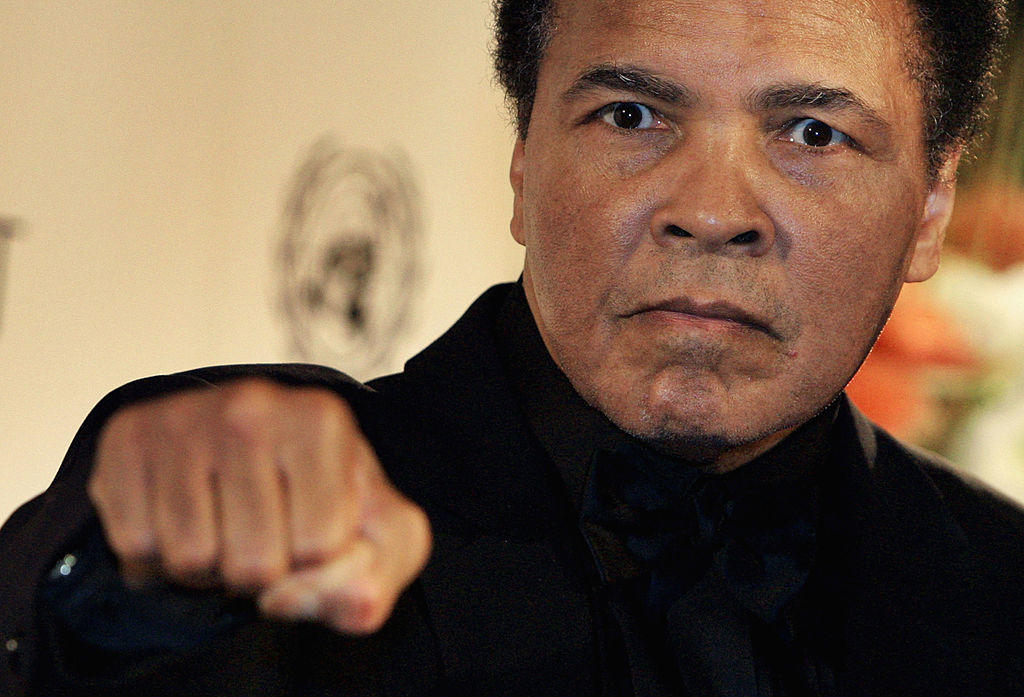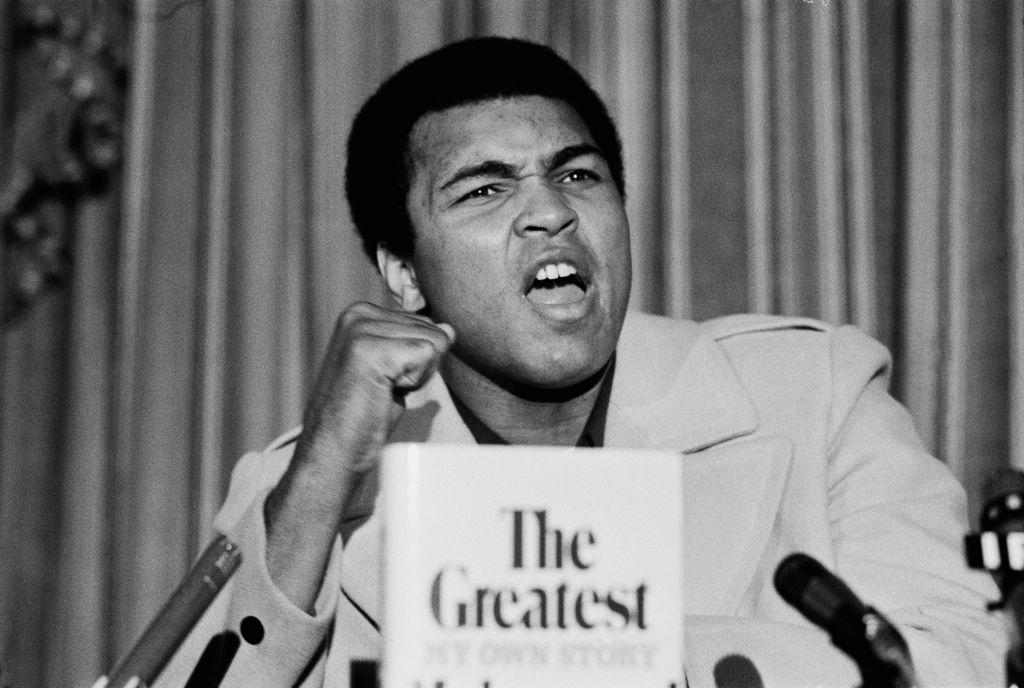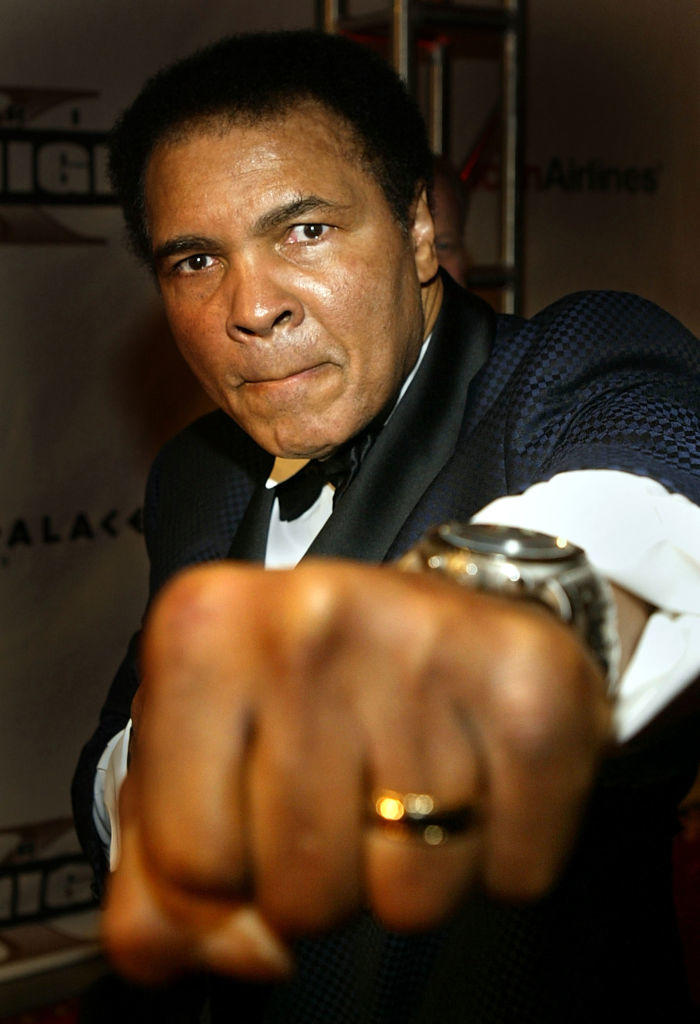
Muhammad Ali has been a source of strength for many, especially in the Black Community. From his days of boxing while standing up for what he believed was right even though it could cost him the heavyweight title to even his death, Ali was a beacon of hope.
Many say it all started when he joined the Nation of Islam in 1964 while under his birth name, Cassius Clay. It was then that he changed his name to Muhammad Ali. And with that name change, he had a straightforward explanation: “Why should I keep my white slavemaster’s name visible and my black ancestors invisible, unknown, unhonored?” Ali asked.
Little did Ali know at the time that the same blood running through his veins is also the same spirit that his anscestor, Archer Alexander, a slave who heroically fought both for his own freedom and against slavery.
It was recently revealed that Alexander is the great, great, great grandfather of Ali.

The discovery was made by Ali’s third cousin, Keith Winstead, who is retired from a career in computer manufacturing and is something of an amateur genealogist. Winstead discovered the connection between Ali and Alexander while conducting research on the website 23andMe. The finding is supported by DNA evidence, which, according to Maryum Ali, was collected when Ali and his wife, Lonnie, participated in a study with 23andMe to raise awareness for Parkinson’s disease, from which Ali suffered.
Alexander was born into slavery in Virginia in 1813 before he was sold and taken to Missouri. Though Missouri remained neutral during the Civil War, Alexander was owned by a Confederate sympathizer, and in 1863 he learned that Confederate troops had sawed a train bridge that Union soldiers were planning to cross. He walked five miles to warn the Union Army, potentially saving hundreds of lives. He also passed along information about hidden arms.

Accused of feeding information to the enemy and with his safety in danger, Alexander ran away, evading slave catchers by climbing out of a tavern window before he reached St. Louis. He later arranged for the escape of his wife and children.
The lineage, according to Winstead, goes a little something like this: Ali’s father, Cassius Clay Sr., was the son of...
... Edith Greathouse, who was Alexander’s great-granddaughter.
“I didn’t know who Archer Alexander was when I traced the family tree," said Winstead, 67. "I Googled him, and I just said, ‘Wow.’ ”
Ali was born in segregated Louisville in 1942, and his role as a pioneer and activist would become as much a part of his legacy as his boxing career (he died in 2016). In the 1960s, he joined the Nation of Islam, which was led by Elijah Muhammad, who advocated for racial separation, believing White America had stripped African Americans of their family histories. Indeed, descendants of slaves can have a difficult time tracing their ancestry because their forebears had their identities purposely and systematically stripped.
One of Ali’s daughter, Maryum, said that her father would have been proud to call Alexander family. “He would have loved knowing he was connected to someone like that,” she said. “He was ahead of people in understanding that there was a connection that went back through slavery to the kings and queens in Africa.”









